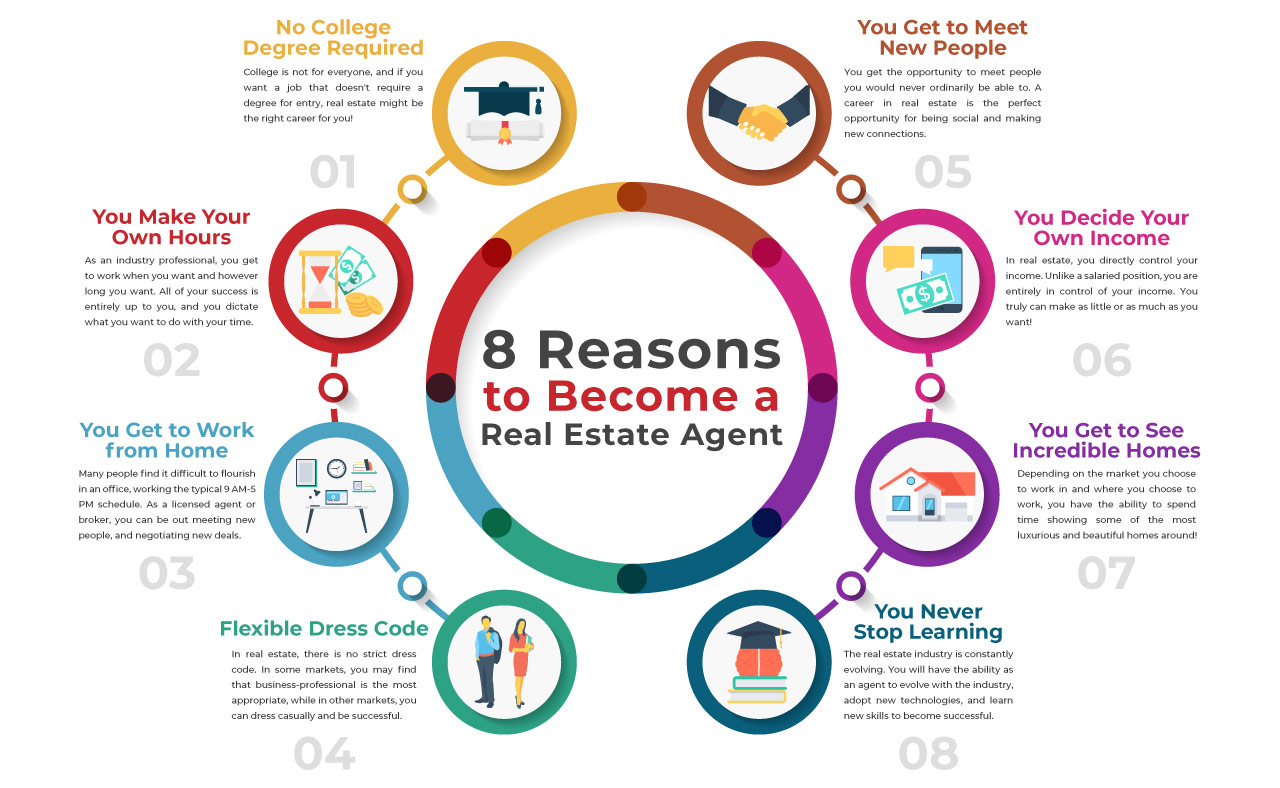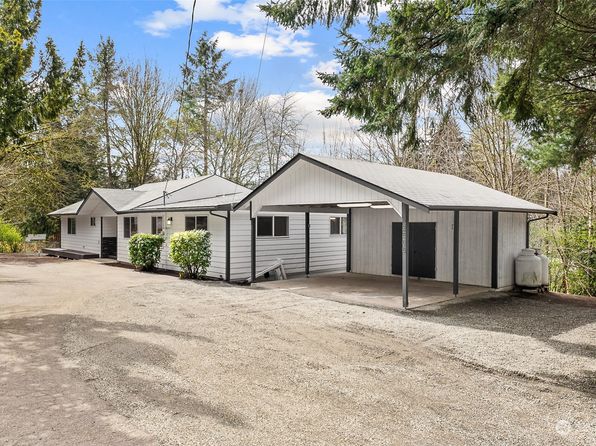
The question, "When does the seller get paid after closing?" is open to interpretation. There is no exact answer, but the average time is between two and four days. This depends on many factors. The amount of your check will depend on the circumstances. You will need sufficient funds to purchase a check. It is important to make sure that you are getting a check worth the effort.
It is not necessarily bad to have a check. A check can make the entire process go more smoothly. To make the whole process easier, it's a good idea for you to hire a real agent. A realty agent can help with the process of finding a buyer, negotiating an offer and providing information about your home. They can also help you to determine the most suitable closing costs.
You might consider a wire transfer if you prefer the cash in your hand to a mortgage lender. You can do wire transfers with your bank. Depending on which bank you choose, you may receive your money within a couple of days.

A prepaid mortgage is another option. These are popular for people who are selling their current home and buying a new one. By not dealing with a lender after closing on your new property, a prepaid loan will help you save time.
While you can't guarantee your cash, most sellers will. A majority of residential real estate contracts allow sellers to retain some of their down payment as liquidated damage. Typically, this is a 1-2 percent of the sale price.
It can be frustrating to wait for a check that has not yet been cashed. Banks may prefer to keep large checks for up to a day. Paper checks can be delayed by banks. You will need to settle all parties involved in the sale, unless you're getting a pre-paid mortgage.
Like any transaction, the amount of time it takes for the seller to receive payment after closing will depend upon the details of the sale. Your state may have a dry funds system. This means you have to wait until you have satisfied all the requirements of your buyer before you can get the money. Alternatively, you might have a wet funding system, where you'll get your money instantly. For instance, in the west coast, the time it takes to get a check after closing is typically only three days.

Selling your home will cost you the most: the commission. Sellers typically receive a commission of 2.5-33% on each sale. You should also consider the fees of the realty agent, title insurance and any other ancillary fees. All of these fees can add up to 8-10% of the overall sales price.
FAQ
How do I get rid termites & other pests from my home?
Over time, termites and other pests can take over your home. They can cause serious damage and destruction to wood structures, like furniture or decks. You can prevent this by hiring a professional pest control company that will inspect your home on a regular basis.
What are some of the disadvantages of a fixed mortgage rate?
Fixed-rate mortgages tend to have higher initial costs than adjustable rate mortgages. Additionally, if you decide not to sell your home by the end of the term you could lose a substantial amount due to the difference between your sale price and the outstanding balance.
Which is better, to rent or buy?
Renting is generally less expensive than buying a home. It is important to realize that renting is generally cheaper than buying a home. You will still need to pay utilities, repairs, and maintenance. The benefits of buying a house are not only obvious but also numerous. For example, you have more control over how your life is run.
How can you tell if your house is worth selling?
If your asking price is too low, it may be because you aren't pricing your home correctly. If your asking price is significantly below the market value, there might not be enough interest. Our free Home Value Report will provide you with information about current market conditions.
How long will it take to sell my house
It depends on many different factors, including the condition of your home, the number of similar homes currently listed for sale, the overall demand for homes in your area, the local housing market conditions, etc. It takes anywhere from 7 days to 90 days or longer, depending on these factors.
Do I need flood insurance
Flood Insurance covers flood damage. Flood insurance helps protect your belongings, and your mortgage payments. Learn more information about flood insurance.
Statistics
- It's possible to get approved for an FHA loan with a credit score as low as 580 and a down payment of 3.5% or a credit score as low as 500 and a 10% down payment.5 Specialty mortgage loans are loans that don't fit into the conventional or FHA loan categories. (investopedia.com)
- Based on your credit scores and other financial details, your lender offers you a 3.5% interest rate on loan. (investopedia.com)
- Some experts hypothesize that rates will hit five percent by the second half of 2018, but there has been no official confirmation one way or the other. (fortunebuilders.com)
- The FHA sets its desirable debt-to-income ratio at 43%. (fortunebuilders.com)
- Private mortgage insurance may be required for conventional loans when the borrower puts less than 20% down.4 FHA loans are mortgage loans issued by private lenders and backed by the federal government. (investopedia.com)
External Links
How To
How to Manage A Rental Property
While renting your home can make you extra money, there are many things that you should think about before making the decision. These tips will help you manage your rental property and show you the things to consider before renting your home.
Here's how to rent your home.
-
What factors should I first consider? You need to assess your finances before renting out your home. You may not be financially able to rent out your house to someone else if you have credit card debts or mortgage payments. You should also check your budget - if you don't have enough money to cover your monthly expenses (rent, utilities, insurance, etc. This might be a waste of money.
-
How much will it cost to rent my house? It is possible to charge a higher price for renting your house if you consider many factors. These include factors such as location, size, condition, and season. Prices vary depending on where you live so it's important that you don't expect the same rates everywhere. Rightmove has found that the average rent price for a London one-bedroom apartment is PS1,400 per mo. This means that you could earn about PS2,800 annually if you rent your entire home. While this isn't bad, if only you wanted to rent out a small portion of your house, you could make much more.
-
Is it worth it. There are always risks when you do something new. However, it can bring in additional income. Before you sign anything, though, make sure you understand exactly what you're getting yourself into. Not only will you be spending more time away than your family, but you will also have to maintain the property, pay for repairs and keep it clean. You should make sure that you have thoroughly considered all aspects before you sign on!
-
Are there benefits? So now that you know how much it costs to rent out your home and you're confident that it's worth it, you'll need to think about the advantages. You have many options to rent your house: you can pay off debt, invest in vacations, save for rainy days, or simply relax from the hustle and bustle of your daily life. It is more relaxing than working every hour of the day. Renting could be a full-time career if you plan properly.
-
How do you find tenants? Once you decide that you want to rent out your property, it is important to properly market it. Make sure to list your property online via websites such as Rightmove. Once you receive contact from potential tenants, it's time to set up an interview. This will help to assess their suitability for your home and confirm that they are financially stable.
-
How do I ensure I am covered? If you are worried about your home being empty, it is important to make sure you have adequate protection against fire, theft, and damage. In order to protect your home, you will need to either insure it through your landlord or directly with an insured. Your landlord will typically require you to add them in as additional insured. This covers damages to your property that occur while you aren't there. However, this doesn't apply if you're living abroad or if your landlord isn't registered with UK insurers. In such cases, you will need to register for an international insurance company.
-
You might feel like you can't afford to spend all day looking for tenants, especially if you work outside the home. Your property should be advertised with professionalism. You should create a professional-looking website and post ads online, including in local newspapers and magazines. Also, you will need to complete an application form and provide references. Some people prefer to do the job themselves. Others prefer to hire agents that can help. Interviews will require you to be prepared for any questions.
-
What happens after I find my tenant?After you've found a suitable tenant, you'll need to agree on terms. If there is a lease, you will need to inform the tenant about any changes such as moving dates. You can negotiate details such as the deposit and length of stay. Remember that even though you will be paid at the end of your tenancy, you still have to pay utilities.
-
How do I collect rent? When it comes to collecting the rent, you will need to confirm that the tenant has made their payments. You will need to remind your tenant of their obligations if they don't pay. Before you send them a final invoice, you can deduct any outstanding rent payments. You can always call the police to help you locate your tenant if you have difficulty getting in touch with them. They will not normally expel someone unless there has been a breach of contract. However, they can issue warrants if necessary.
-
How can I avoid problems? Renting out your house can make you a lot of money, but it's also important to stay safe. Consider installing security cameras and smoke alarms. Make sure your neighbors have given you permission to leave your property unlocked overnight and that you have enough insurance. Finally, you should never let strangers into your house, even if they say they're moving in next door.